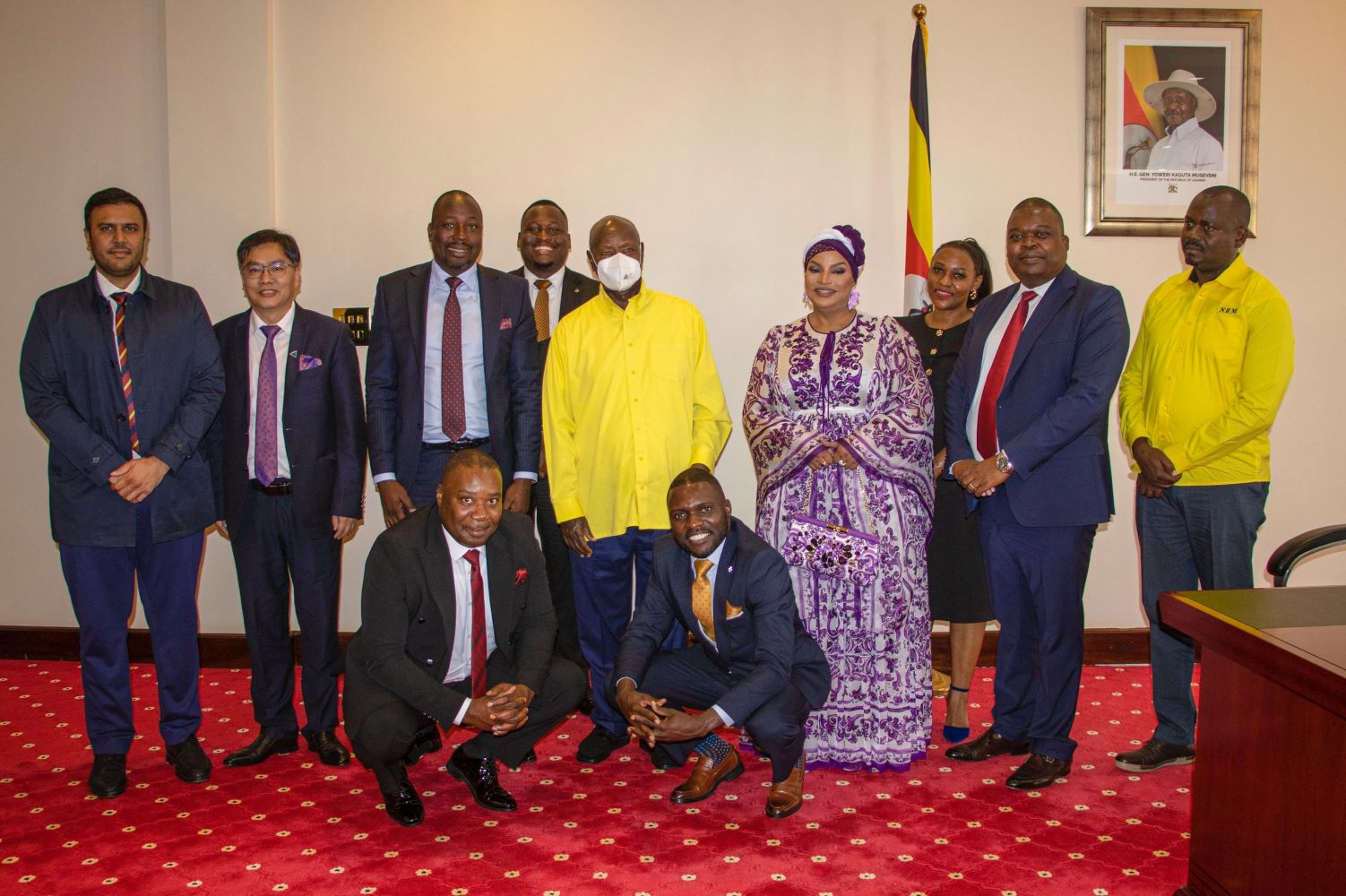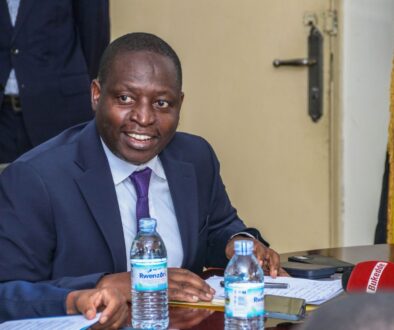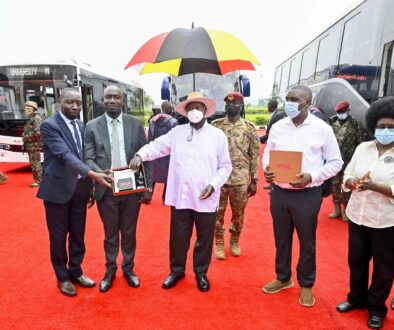Museveni Backs Local Production of Prepaid Water Meters in Uganda

President Museveni with Helcraw Electrical Pvt Ltd and Liaison Technologies, both specialists in prepaid water metering systems.
President Museveni has approved the establishment of a prepaid water meter manufacturing plant in Uganda, in a move aimed at expanding access to clean water, improving utility efficiency, and supporting local industrialization.
The approval came during a meeting at State House with a delegation from Zimbabwean-based Helcraw Electrical Pvt Ltd and their Chinese partner, Liaison Technologies, both specialists in prepaid water metering systems.
Brendon Jere, Director of Helcraw Electrical, said the project would bring localized production of prepaid meter technology—already widely used in Zimbabwe—to Uganda.
“Prepaid meters ensure people pay only for the water they consume, which encourages fairness and conservation,” Jere said, adding that Uganda’s adoption of the system could be transformative for revenue collection and responsible water use.
President Museveni welcomed the proposal, calling it timely and strategic.
“This is a good idea. It will help our people access clean water while also creating jobs and supporting our industrial growth,” he said.
To fast-track the project, Museveni directed the Minister of State for Microfinance, Hon. Haruna Kasolo, to coordinate with relevant government agencies to facilitate licensing and secure land for the factory.
The prepaid water meter plant is expected to serve both the domestic market and the wider East African region, positioning Uganda as a regional hub for smart utility technologies.
In the same meeting, the President also endorsed a proposal from Indian infrastructure giant Shapoorji Pallonji & Company Pvt Ltd to develop a bulk water supply system for irrigation in the Teso sub-region.
“For me, irrigation is a top priority, and I shall support it,” Museveni said, reaffirming his government’s focus on agricultural productivity and climate resilience.
Both initiatives are part of Uganda’s broader agenda to strengthen local manufacturing, enhance public service delivery, and meet sustainable development goals.



